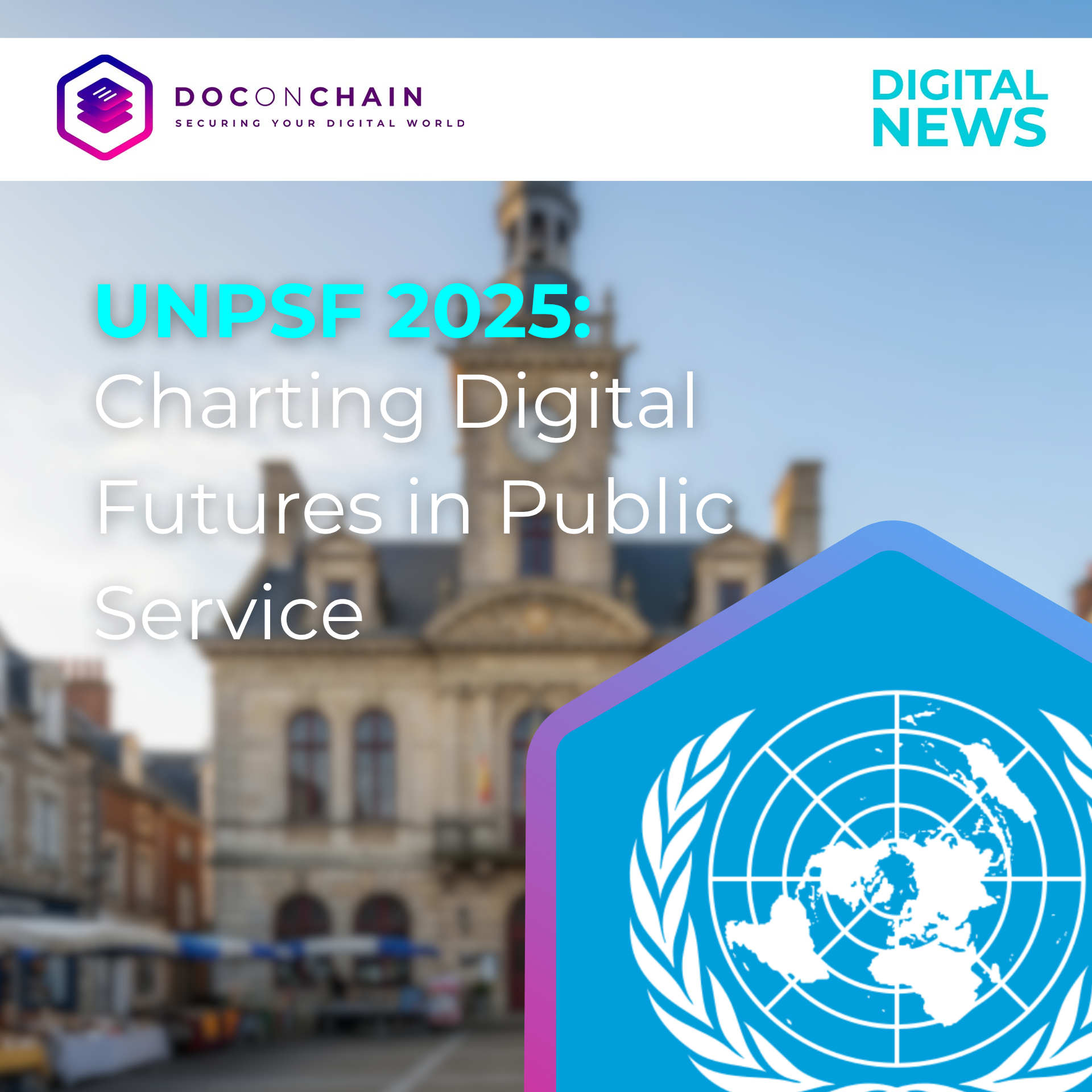The 2025 UN Public Service Forum in Samarkand highlighted how governments are rapidly digitizing public services to enhance citizen interaction. Uzbekistan and Albania showcased significant strides in online service accessibility, efficiency, and anti-corruption measures, emphasizing inclusivity and strategic AI integration for future-proof governance.
---
In an era demanding agile and secure public administration, the digital transformation journey is paramount. Explore how leading nations are leveraging advanced technologies to redefine public services, focusing on efficiency, verifiable data integrity, and building future-proof digital ecosystems, offering critical insights for decision-makers in finance and insurance.
Albania's Transformative Digital Odyssey
Albania's journey from just 13 online public services in 2013 to over 1,200 today exemplifies rapid digital transformation. This expansion, covering over 95% of all services, significantly reduces corruption by minimizing physical interactions and enhancing transparency. Beyond mere efficiency, Albania prioritizes inclusivity, ensuring accessibility for elderly and impaired citizens. The nation is also proactively training civil servants in AI, fostering a culture of innovation, and preparing for the adoption of generative AI tools to improve critical functions like public procurement transparency. This holistic approach ensures that digital systems are effective, user-friendly, and secure.
Uzbekistan's Citizen-First Digital Momentum
Uzbekistan has rapidly advanced its digital governance, climbing 24 positions in the global E-Government Development Index. With over 760 services on its unified online portal, serving over 11 million users, Uzbekistan demonstrates a "citizen-first" approach. The country's GovTech strategy integrates over 390 services from 49 government agencies into a single digital ecosystem. Ambitious plans include launching a national cloud platform, training one million AI prompters by 2025, and building 20 data centers. These initiatives underscore a commitment to smart governance, prioritizing automation, open data, and public trust, creating a robust framework for verifiable data integrity.
Global Collaboration and Future-Proofing Governance
The UN Public Service Forum emphasized that digital transformation is a collective responsibility, not a competition. Nations like Georgia, with its mobile public service centers delivering over 500 services to rural communities and an e-wallet initiative for digital documents via biometric authentication, illustrate the diverse approaches to digital inclusion. Bosnia and Herzegovina, despite still relying heavily on paper, acknowledges the clear path towards digital tools for restoring public trust. The collaborative spirit, epitomized by Uzbekistan's proposed Global Knowledge Centre for Digital Transformation and an International School for Young Leaders, highlights a shared vision for future-proof digital ecosystems and enhanced global security.
Looking Forward
Next-generation digital solutions will empower organizations to navigate complex regulatory landscapes with real-time intelligence, fostering resilient and verifiable data ecosystems for sustained growth and reduced risk.


